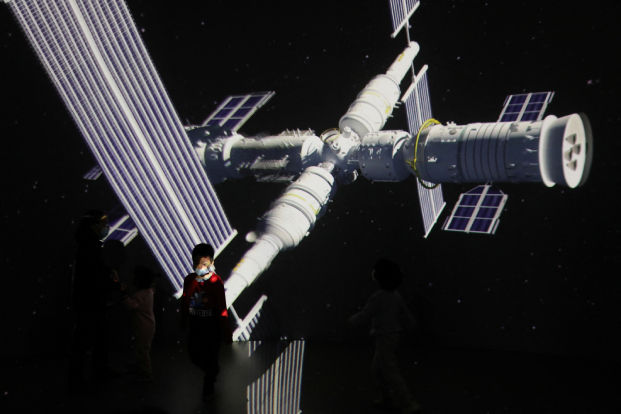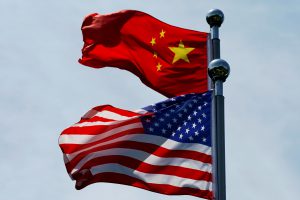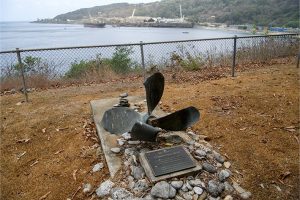The US has suspended export privileges of three companies that allegedly sent blueprints for satellite, rocket, and defence prototypes to China without permission.
The Department of Commerce Department said the three US-based companies would be banned from exporting for 180 days.
Quicksilver Manufacturing, Rapid Cut and US Prototype received technical drawings and blueprints from US customers and sent them to manufacturers in China for 3D printing, the department said.
“Outsourcing 3-D printing of space and defence prototypes to China harms US national security,” Assistant Secretary of Commerce for Export Enforcement Matthew Axelrod said in a statement.
“By sending their customers’ technical drawings and blueprints to China, these companies may have saved a few bucks, but they did so at the collective expense of protecting US military technology.”
Liu Pengyu of the Chinese embassy in Washington said the US was using export controls as a tool of “economic bullying.” Its actions damaged international trade and free-trade rules, and posed a serious threat to global supply chains, he said.
The US said the information illegally sent to China included sensitive prototype space and defence technologies.
Suspension Could Be Renewed
The 180-day export suspension could also be renewed, the department added.
The three companies, which share the same address in Wilmington, North Carolina, could not immediately be reached for comment. The department did not identify the companies that had contracted with the North Carolina firms.
According to the department’s June 7 order denying export privileges, a US aerospace and global defence technology company notified officials in February 2020 of a third-party supplier’s unauthorised export of controlled satellite technology through a defence prototype.
The department’s investigation revealed that Quicksilver received an order in July 2017 for satellite parts for the aerospace company’s prototype space-satellite.
To make components, Quicksilver was given about a dozen technical drawings and 3-D graphic and computer-aided drawing files.
A company employee signed a non-disclosure agreement, which included that the work be conducted in compliance with US export control regulations, the order said. Those regulations required licences that would have most likely been denied.
Quicksilver fulfilled the order that August without seeking a licence and included an invoice that indicated the products had been shipped from China, the order said.
The department said it had discovered a similar violation last July by Rapid Cut, whose ownership and personnel are also related to Quicksilver, involving technology that is controlled for national security.
- Reuters, with additional editing by George Russell
READ MORE:
UK Tries to Woo India With Advanced Defence Technology
Japan, Philippines Agree to Bolster Defence Cooperation
China Boosts Defence Budget For 2022 by 7.1% – Global Times
























